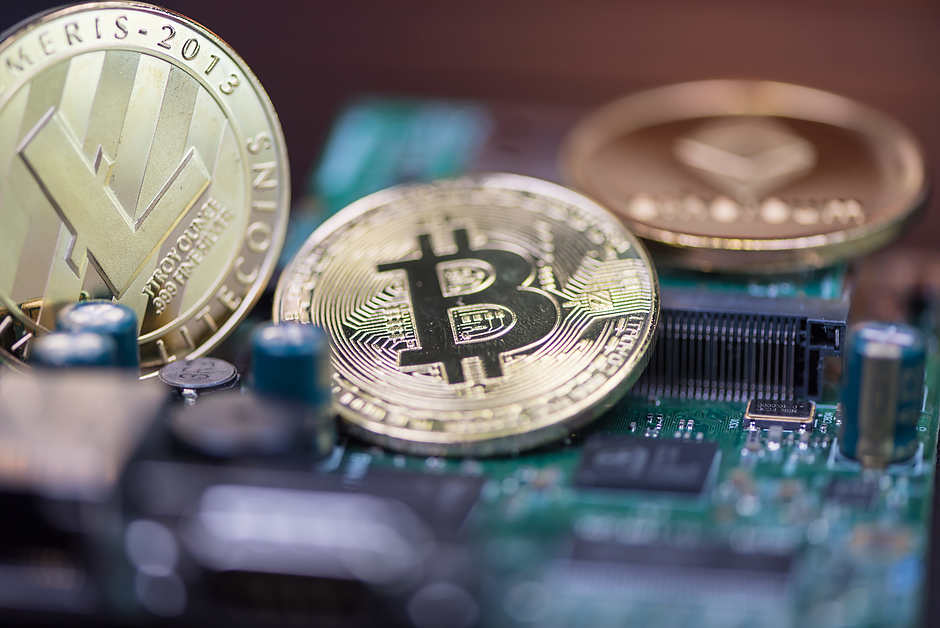How blockchain tech is revolutionizing traditional lotteries

There are many challenges in traditional lottery systems. Can distributed ledger technology help to solve them?
In today’s evolving business world, industry leaders across the globe are turning to blockchain technology to revolutionize their respective industries. Although blockchain is still a relatively new concept, a growing number of companies are now investing in it. Blockchain has quickly gained a reputation for providing greater transparency, enhanced security, improved traceability, increased efficiency and low costs. One niche area that could be poised to benefit greatly from it is lotteries.
Problems with traditional lotteries
Although many global economies were soaring prior to the COVID-19 pandemic, the inefficiencies of mature industries can still be addressed by implementing blockchain technology. The main issue with traditional lottery platforms is that they are full of varying inefficiencies that end up causing huge levels of mistrust between developers, players and platform lottery hosts. Large scale fees and poor user experiences further hamper the traditional lottery system.
In addition to the above problems associated with traditional lottery platforms, further issues for players include the following: small and few jackpots, a lack of social interaction, hidden costs and a high risk of fraud. For businesses and charities, a few of the most serious issues include a high cost to organize, no support for blockchain protocols, an inability to offer large jackpots and the expensive licensing processes that are often required.
Given all of these issues, it’s a wonder that change hasn’t come already. But as the cliche goes, it’s better late than never. Thanks to blockchain technology, the future of lottery platforms might be looking a lot brighter.
Blockchain solution
So of course, the natural question that consumers might have is: Why will blockchain technology revolutionize the traditional lottery model? There are essentially four core features of utilizing blockchain protocol in this space:
- Infallible: Due to its autonomous nature, blockchain tech eliminates the need for human intervention.
- Reliable: The prizes and the means by which they are delivered to winners will be guaranteed by smart contracts.
- Transparent: The immutable nature of the blockchain ledger means that all data on ticket sales, revenue, expenses and other performance indicators will be safely stored.
- Democratic: Lottery platforms would be beyond the reach of governmental control — but that’s not meant to be nefarious in nature. Rather, it will facilitate compliance with regulations as well as local cultural practices in the region of the lottery’s operation.
The blockchain lottery platforms: Three cases
While many industries could benefit from blockchain technology, the implementation of that technology is often years away. Fortunately, when it comes to the lottery space, there are a few promising platforms that are attempting to revolutionize the way lotteries are conducted.
Lotto Nation is a new development in the form of a decentralized lottery platform powered by both artificial intelligence and blockchain technology. The platform allows businesses, charities and players to connect through a safe technological medium. Built on the Ethereum blockchain, it allows any individual to build and launch their own lottery. It was mentioned earlier that traditional lotteries lack the social interaction that modern audiences crave, and the platform has solved this problem by encouraging invitations to family members, friends and acquaintances, allowing them to essentially be part of a “syndicate.”
Fire Lotto is an international, decentralized lottery platform based on the Ethereum blockchain and managed by smart contracts without any human intervention. The platform offers two types of lottery games: a draw lottery and an instant-win game. Also featured on the platform is a licensed crypto exchange that allows players to buy lottery tickets with crypto and fiat. One big concern that users may have regarding this platform is that earlier iterations of the technology asked users for their private keys when paying for tickets.
Founded in 2015, Quanta is a proponent of transparency and provable lottery fairness. When risking money on the internet, a common complaint that users have is not knowing whether they are getting a fair shot at prizes. This platform removes that fear. Although it isn’t as large as the two mentioned above, it is an up-and-coming player in the space that aims to become a more transparent, fair, autonomous and manipulation-proof gaming experience.
Blockchain technology has become a buzzword for corporate executives all around the world. Although the technology has the potential to radically transform industries, its implementation is often years away. For the lottery industry, change appears to be around the corner.
Author

Cointelegraph Team
Cointelegraph
We are privileged enough to work with the best and brightest in Bitcoin.





